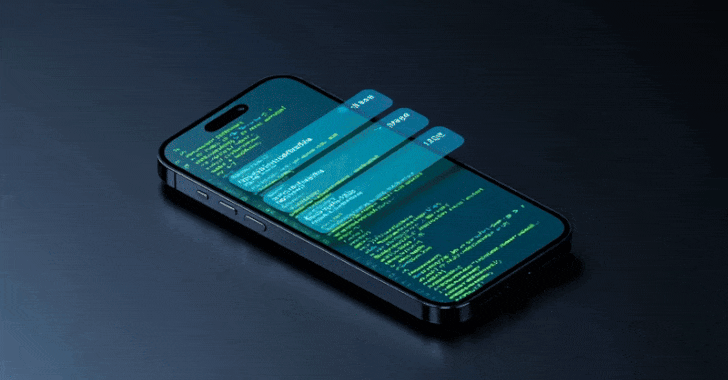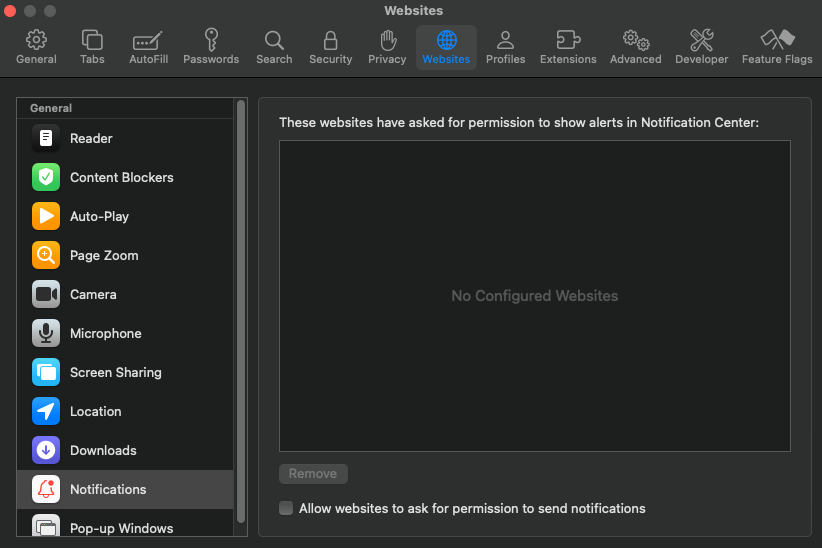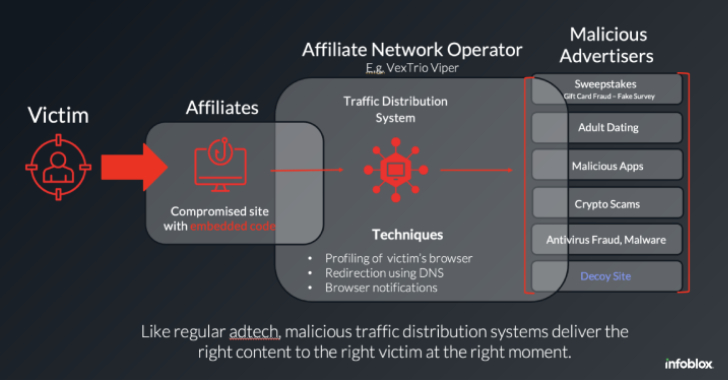Cybersecurity Alert: Brace for July 4th Weekend Threats
Stay Secure While You Celebrate – Apple ID Users Beware of Malicious SMS Attacks
As we gear up for the Fourth of July festivities, it’s crucial to ramp up our cybersecurity efforts to protect against the heightened risk of cyberattacks during this holiday weekend.
A Peek At Last Year’s Carnage
In a notable incident, last year, the REvil ransomware gang attacked Kaseya on the eve of the July 4th weekend, impacting 50 customers, including 35 managed service providers (MSPs) and around 1,500 of their customers by targeting Kaseya’s VSA remote monitoring service.
The FBI and Cybersecurity and Infrastructure Security Agency (CISA) advise organizations to prepare for potential holiday attacks. While no specific threats are known, cybercriminals often strike during holidays due to reduced staffing in IT and security teams.
Current Threat: Apple ID Smishing Attacks
Adding to the holiday threats, cybercriminals are exploiting Apple ID users through malicious SMS attacks, known as “smishing.” These attacks trick users into revealing their Apple ID credentials, giving hackers access to personal and financial information.
Hackers send deceptive SMS messages that appear to come from Apple. A typical message might read: “Apple important request iCloud: Visit signin[.]authen-connexion[.]info/iCloud to continue using your services.” Users clicking the link are directed to a fake website mimicking an old iCloud login page with a CAPTCHA for added legitimacy.
Unlike typical smishing campaigns, this attack is accessible from both desktop and mobile browsers, increasing the potential victim pool and making detection harder.
Why Apple IDs Are Prime Targets
Apple IDs are valuable to cybercriminals due to the extensive personal and financial data they protect. Hackers can control devices, access sensitive information, and make unauthorized purchases. The strong trust users place in Apple communications aids cybercriminals in deceiving users.
Preparing for the July 4th Weekend Threat
With the July 4th weekend approaching, organizations should stay alert. Experts emphasize the opportunistic nature of threat actors who exploit reduced staffing during holidays. Ensure systems are fully patched to prevent vulnerabilities. Focus on detecting the initial stages of ransomware attacks: discovery, gaining a foothold, and escalating privileges. Early detection allows quick responses and effective handling of ransomware events.
Experts also highlight the financial motive behind ransomware attacks. Cybercriminals target MSPs due to their significant client impact. Organizations need a cyber incident response plan and should promptly report incidents to law enforcement. Ensuring transparency and best practices in cybersecurity helps mitigate attacks swiftly.
Practical Cybersecurity Tips for Independence Day
To help you enjoy a secure Fourth of July, consider these essential tips:
1. Update Software Regularly: Ensure all devices have the latest security updates and patches.
2. Use Strong Passwords: Create complex passwords and change them regularly. Use a password manager for tracking.
3. Enable Two-Factor Authentication (2FA): Adding an extra security layer reduces unauthorized access risks.
4. Be Cautious with Emails and Links: Avoid clicking on suspicious links or opening attachments from unknown sources.
5. Secure Your Network: Use a strong Wi-Fi password and ensure your router has the latest firmware updates. Set up a guest network if possible.
Conclusion
As we celebrate the Fourth of July, let’s appreciate our digital freedom and recognize the importance of cybersecurity. By adopting good practices, we can protect ourselves, our loved ones, and our nation from digital threats.
At Cyber Defense Advisors, we are here to help you prepare, prevent, and stay resilient against cyber threats. Reach out to us for expert guidance and support in safeguarding your digital assets.
Enjoy a safe and happy Independence Day, both offline and online!






